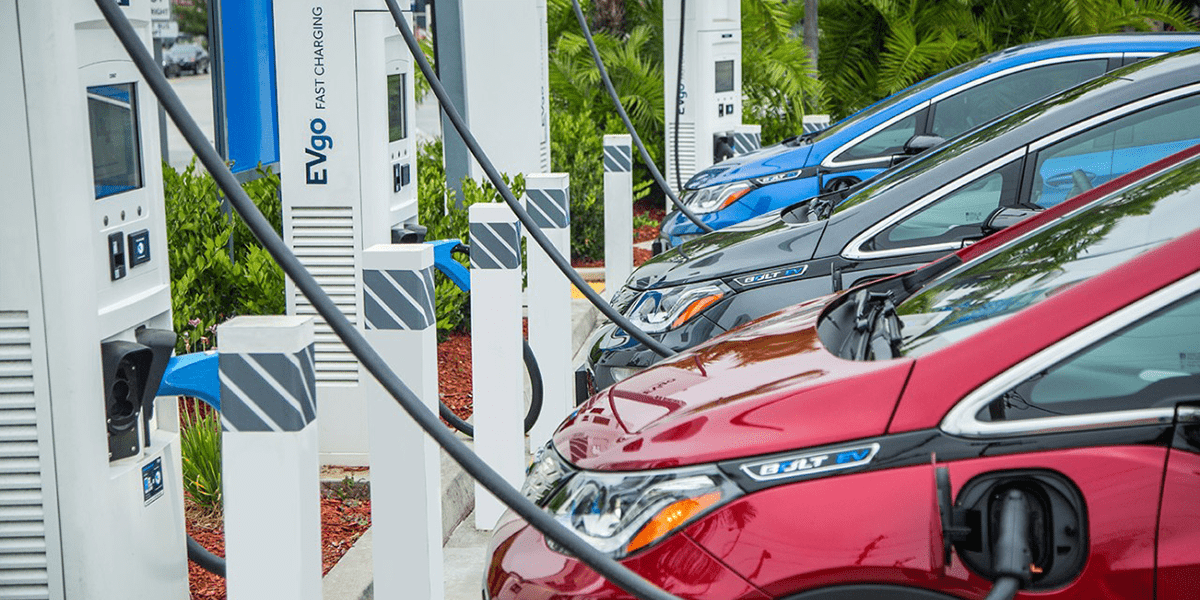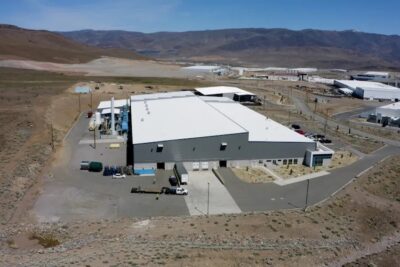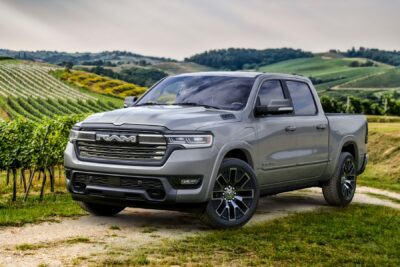Biden pledges to electrify government fleets
The new US President Joe Biden has announced that all 645,000 government vehicles nationwide will be replaced by electric vehicles. He says that only US-manufactured electric vehicles will be procured but has not given a timetable for the fleet conversion.
The announcement is the first concrete measure of the Biden administration regarding decarbonising the transport sector. As of summer 2020, the government fleet had 3,215 electric vehicles, a minuscule 0.5 per cent of the 645,000 vehicles in the fleet. These figures were collated by Reuters news agency citing information from the General Services Administration (GSA).
Biden’s push to electrify the entire fleet goes hand in hand with the announcement that he wants to strengthen the American car industry and its supply chains, speaking of creating “one million new jobs”. This, of course, means that the EVs procured must be made within the USA. Biden went even further to say he will plug loopholes that currently allow vehicles to be labelled as ‘made in the USA’ even though key components are supplied from abroad.
Biden said, “American auto industry, domestic auto supply chains, and auto infrastructure, from parts to materials to electric vehicle charging stations.” He explained that: “The content threshold of 50% [isn’t] high enough, and the way we measure the content doesn’t account for U.S. jobs and economic activity.” Biden affirmed “We’re going to change that as well. The executive action I’m signing today will not only require the companies make more of their components in America but that the value of those components is contributing to our economy, measured by things like a number of American jobs created and/or supported.”
Reuters news agency estimates that fleet electrification could cost the government around $20 billion. By comparison, in 2019, the US government is expected to have spent $4.4 billion on federal vehicles.
Kristin Dziczek, vice president of industry, labour and economics at the Center for Automotive Research, told CNBC that this may slow the decarbonisation process, but propel the US car industry since “The current offerings are pretty slim, but the industry’s about to unleash an avalanche of a new product, and a lot of it built in North America,” She assumes that “Just about every US plant is going to have a hybrid or electric product.”
That being said, the Biden administration has not said whether hybrid vehicles will be considered. Although German carmakers, among others, have used hybrid vehicles to drop their EU CO2 output quotas, studies show that these vehicles don’t deliver the promised reductions in CO2.
President Joe Biden is certainly showing a departure from his predecessor Donald Trump’s transport policies, although that bar was admittedly fairly low. The new president has already roughly outlined his plans, that began with tighter emissions regulations.
On his campaign website, Biden called for, among other things, a $300 billion investment in research and development related to “electric vehicle technology, lightweight materials, 5G and artificial intelligence – to create high-value jobs in high-value manufacturing and technology”. He said that five billion dollars should be invested in battery and energy storage to “increase the range and lower the price of electric cars”. Already during the election campaign, Biden had also promised to build 550,000 charging stations in the country.
No concrete decisions have yet been made regarding the subsidies for electric cars, which would presumably again be implemented via tax credits, or for subsidies for production. In particular, Tesla and General Motors could benefit from a change in the tax credit subsidy that cuts out when a sales quota of EVs has already been reached. Both carmakers have long-since exceeded this quota.
It seems that the world’s largest carmaker is also keen to profit from Biden’s new policies with the following post made by VW boss Herbert Diess:
Dear @POTUS, you want to replace your fleet by #EVs. Good decision and good timing, @VWGroup is ready to deliver! We will start our e-offensive in the US. And by 2022 we will produce our #ID4 also locally in Chattanooga. https://t.co/qmD2eTBeW4
— Herbert Diess (@Herbert_Diess) January 26, 2021
For his part, the poster-boy of electric cars, Tesla CEO Elon Musk, expressed optimism concerning the Biden administration’s stance. In a phone call interview with Fortune Musk said: “I think this is great. I feel very optimistic about the future of sustainable energy with the new administration. Not that we should get complacent or anything, but the wind is at our back for solving the climate crisis with the new administration.”





1 Comment